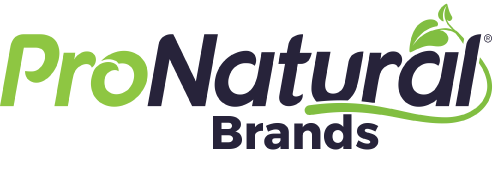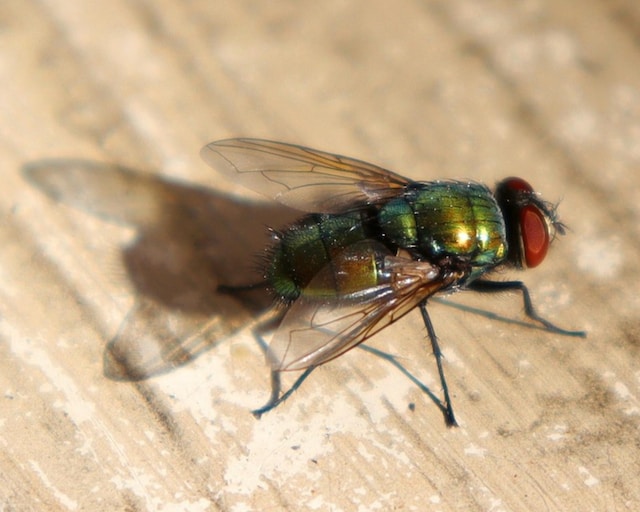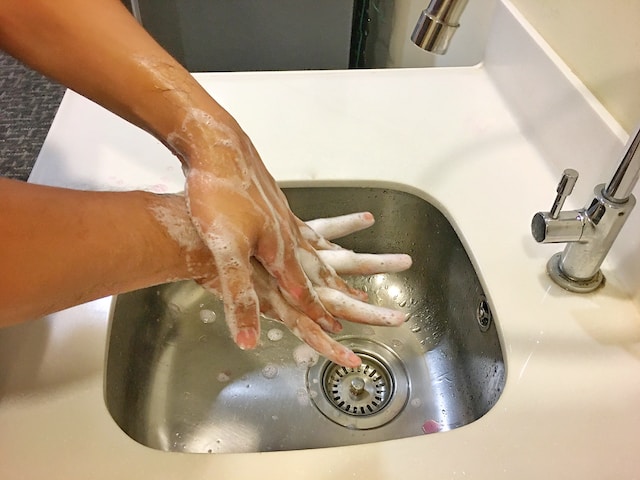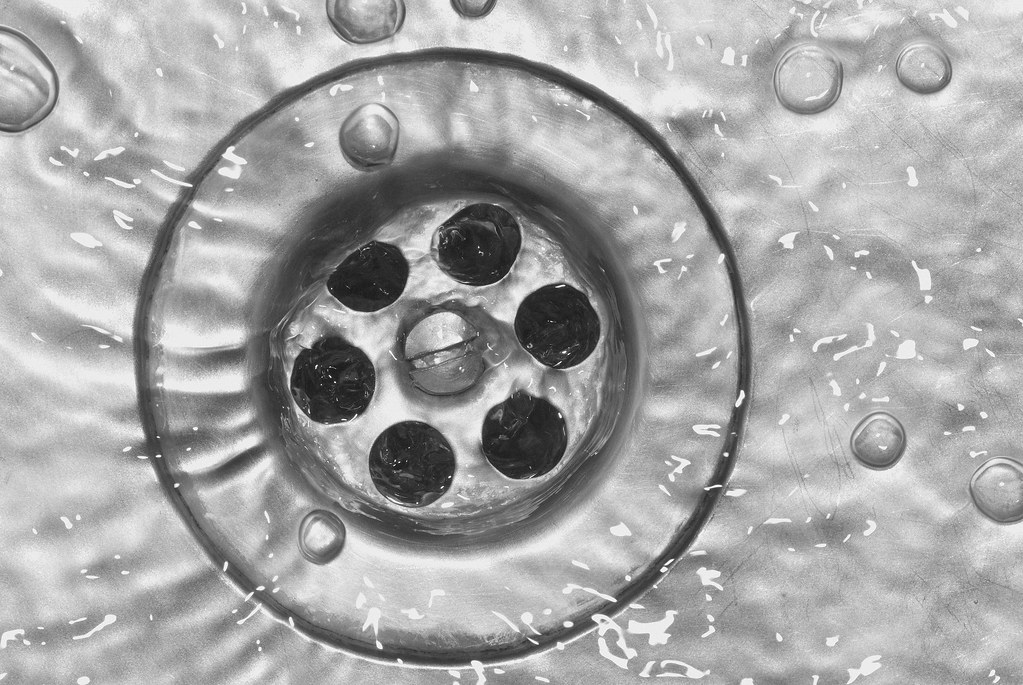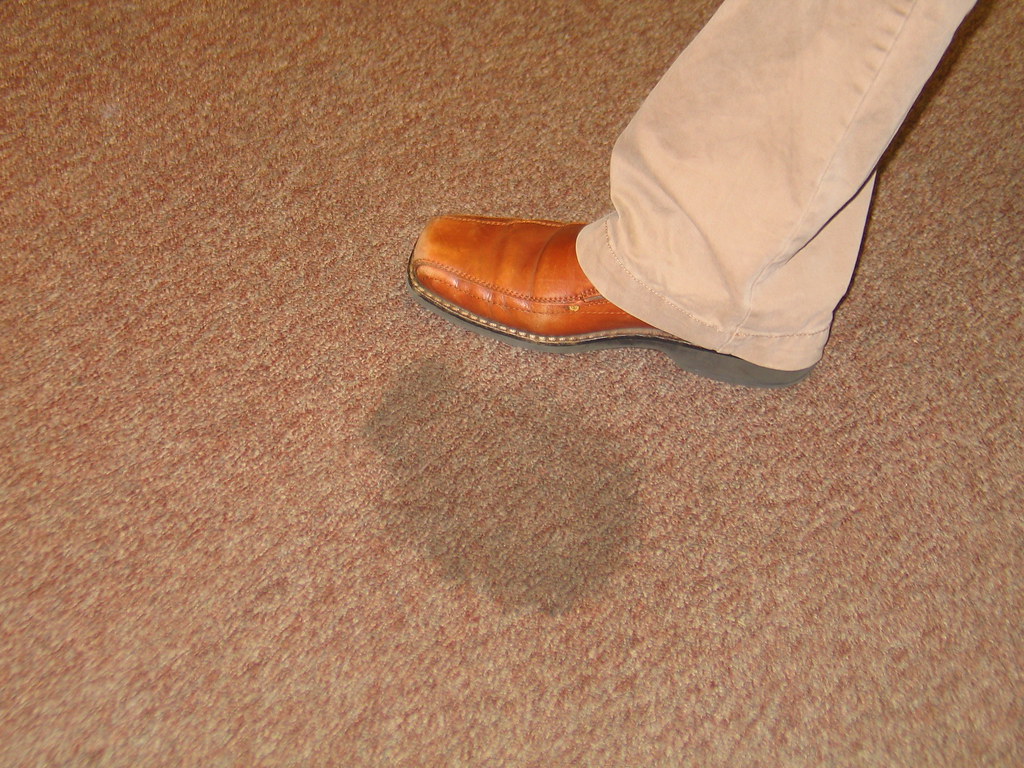Disinfectants in the United States are regulated as antimicrobial pesticides. These chemicals kill things, specifically germs, bacteria, and pathogens.
When using these powerful cleaning solutions, we must use them carefully and correctly. For instance, always read the product label before using it and be familiar with the safety data sheet (SDS). The label claims are based on scientific testing of the active ingredients in the product, which will be listed on the product label.
We should also know there are many distinct types of active ingredients used in disinfectants. Each has its pros and cons. Our purpose here is to help you learn more about these ingredients and their comparative strengths and weaknesses.
Chlorine (bleach or sodium hypochlorite)
Pros: Widely used, easy availability, low cost, quick kill, effective on a wide range of pathogens, including blood and body fluid borne pathogens.
Cons: Can be a dangerous lung and eye irritant – a significant cause of eye damage and injuries, highly reactive, corrodes metals, short shelf-life/inactivated by light, poor cleaner, discolors (bleaches), reaction by-products are harmful to the environment.
Quats (quaternary ammonium compounds)
Pros: Widely used, readily available, low cost, stable – good shelf-life, easy to use, highly dilutable, good cleaner, some residual bio-static properties when not rinsed.
Cons: Lower-level disinfectant (example: ineffective on non-enveloped viruses), longer kill times, eye irritant, not suitable to mist or fog due to potential nose and throat irritation, toxic to fish, persistent in the environment, and promotes antimicrobial resistance, which limits the effectiveness of antibiotics,
Hydrogen Peroxide (oxygen bleach)
Pros: Steadily increasing usage, fast kill times, higher cost with improved formulation (low cost as an unformulated product), effective on a wide range of pathogens, excellent cleaner, safer than bleach and quats, sustainable (quickly breaks down into water and oxygen), occurs naturally in the environment.
Cons: Highly reactive; low stability including to light; skin and eye irritant (dissolve fats and denatures proteins instantly); corrosive to metals; higher cost (see above); can discolor or bleach.
Thymol (botanical)
Pros: Considered safer and less harmful to the planet than conventional disinfectants; however, thymol may be natural or derived synthetically. It has low toxicity, mild skin and eye irritant, requires less PPE, often does not require rinsing and is stable.
Cons: Strong odor, expensive – most are ready-to-use versions which means you are transporting and paying for a lot of water (making it less sustainable), moderate range of kill, most thymol-based products have longer kill times.
Citric Acid
Because citric acid is new to many people and just now making its mark as an environmentally friendly, cleaning and disinfectant agent, we thought we would change our format, and take a bit more time to discuss it. Citric acid is a mild but effective acid found in, you guessed it, citrus fruits. Think lemons, oranges, or grapefruits. Citric acid has been used in many industries for decades. Among them are the following:
Food industry. Citric acid is used to keep jarred foods fresh for extended periods of time. In fact, it is used in all types of packaged foods to keep the food fresh until cooked or consumed.
Medicine. Some creams include citric acid and have been found to be effective at clearing up skin infections.
Personal care items. Citric acid is added to several products including cosmetics and toiletries because it helps keep the ingredients fresh and lasting longer.
Disinfectants. For our purposes here, this is the most important way citric acid is used. Citric acid cleaners and disinfectants have been shown to kill many types of germs, fungus, bacteria as well as the pathogen that cause COVID-19. You’ll also find it in some hand sanitizers.
The reason citric acid is used in so many ways by so many industries is because it is proven safe, effective, and it helps keep people healthy.
